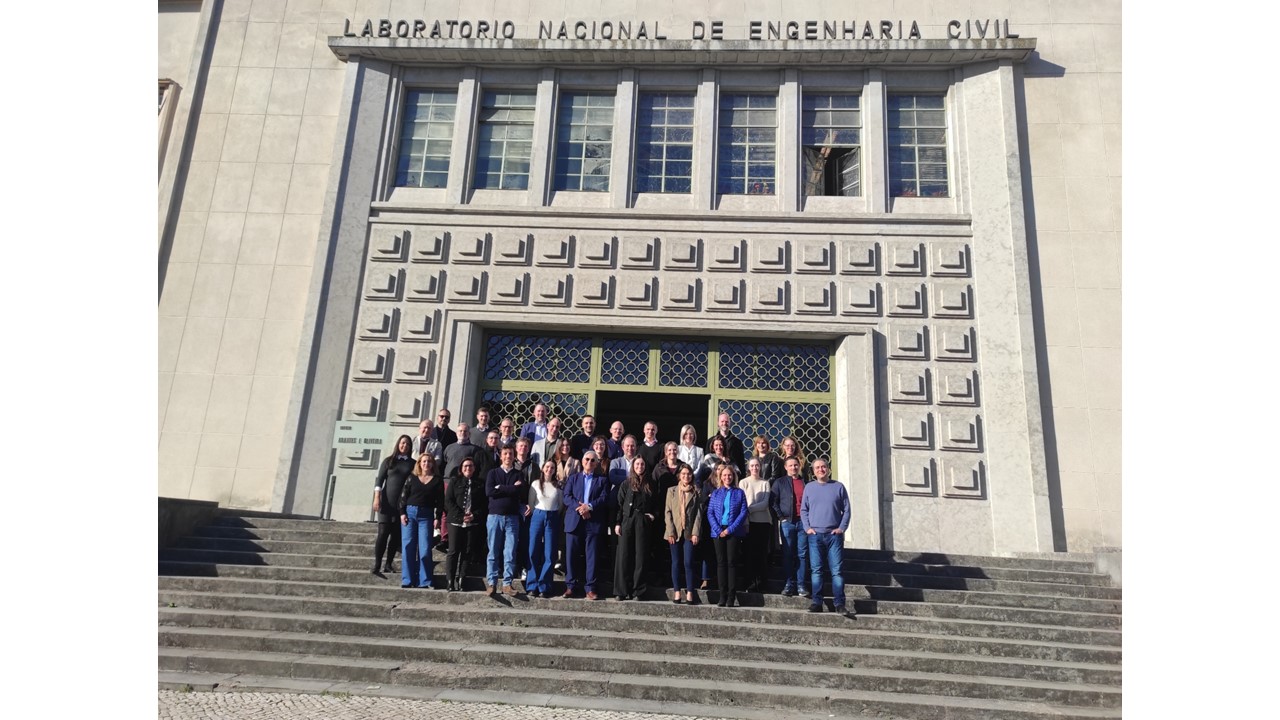
In 2021, 92% of traffic fatalities in Europe occurred on rural and urban roads, compared to 8% on motorways. One third of fatalities are ‘vulnerable road users’ (PTW, bicyclist or pedestrian). Safety of non-trunk roads is therefore of huge importance if we are to achieve zero road deaths and serious injuries by 2050, a stated goal of the European Union.
In response to this challenge, the CAMBER (Connected and Adaptive Maintenance for Safer Urban and Secondary Roads) project aims to develop and demonstrate improved safety monitoring across urban and secondary road networks through real-time data feedback into road maintenance systems and proven, low-cost interventions. The approaches will advance the state-of-the-art and be demonstrated on urban and road networks in five European countries: Greece, Portugal, The Netherlands, Croatia and Spain.
Agilysis joins a European consortium bringing together 14 partners from 10 countries, combining world-class expertise in research, innovation and application in the fields of road safety, data and engineering. CAMBER will utilise Agilysis’ experience in areas of applied research, analytics, networks, data visualisation, evaluation, intervention design, and behaviour change.
The project kicked off in January with a gathering of consortium partners in Lisbon and will be delivered over the next 3 years. CAMBER sits under the Research and Innovation actions of Horizon Europe
Nathan Harpham, Principal Consultant at Agilysis comments:
"The CAMBER project is tackling the huge but critical challenge of safety on secondary and urban road networks. It's fantastic to be contributing to this in collaboration with experts from across Europe over the next 3 years.”
“This project is not only about developing great theory - we want to develop great practice. That's one of the things that makes it particularly interesting, and challenging!"



